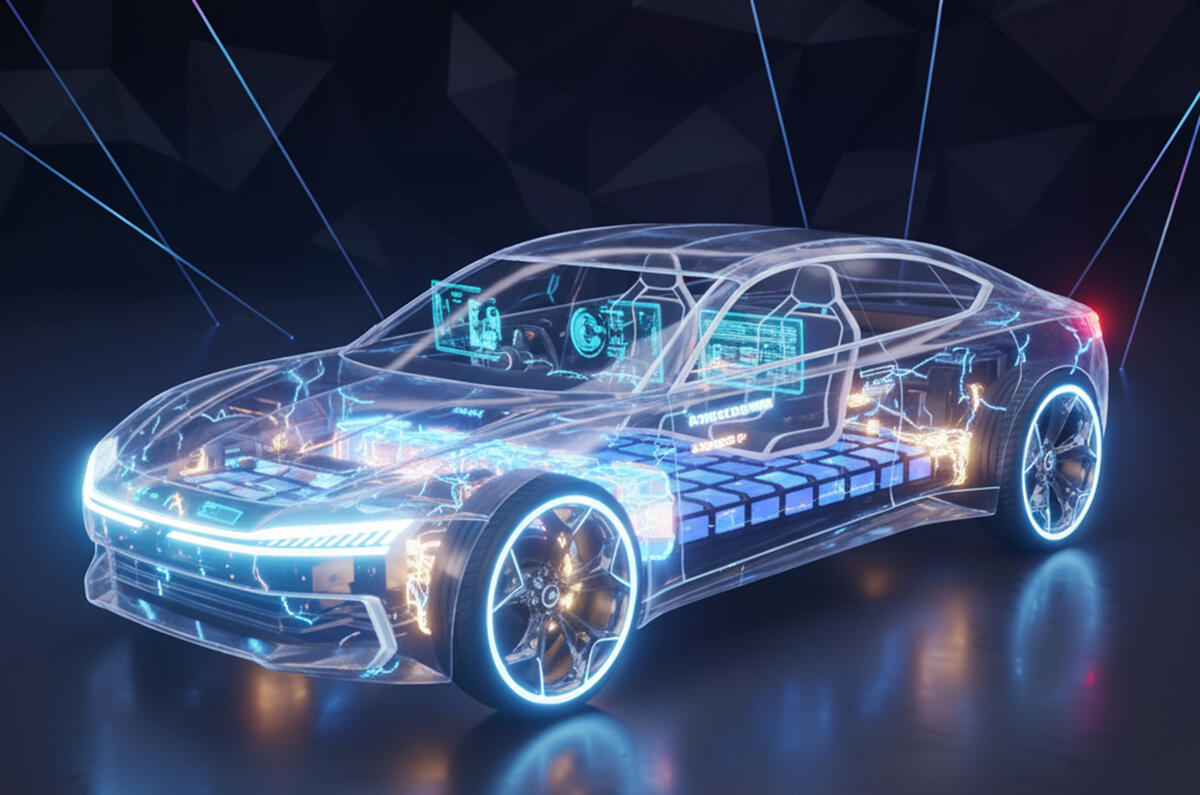Supercapacitors, also known as ultracapacitors, have been hovering around the edges of electrification for a long time, but, despite their simplicity, their use in production has been limited, a notable example being the Lamborghini Sián.
Now Basingstoke firm Allotrope Energy says it has developed a new class of supercapacitor that is smaller and lighter with twice the energy density compared with existing devices. Its new Lignavolt supercapacitors can store 4-15Wh/kg compared with the 7-8Wh/kg of today's technology, the firm says. They're also said to be a "fraction" of the cost.
Capacitors are electrical storage devices that appear in almost all electrical products. Like batteries, they store and release electricity, but there are a few major differences. Capacitors consist of two electrodes separated by an insulating layer, and when connected to a voltage, a charge builds up on the two plates. Unlike with a battery, no chemical reaction takes place so capacitors charge and discharge much faster.
The secret behind Allotrope's new electric double-layer capacitors lies in the use of sustainably produced Lignavolt material, which is based on lignin produced from wood pulp, a waste product from the paper industry.
The downside of capacitors is a much lower energy density. Whereas a battery can store large amounts of energy, capacitors give up their charge very quickly when connected to an electrical load (such as a motor or other electrical equipment). Supercapacitors are just that: much larger and more powerful versions of the small components found in consumer electronics.
When Honda launched its FCX FCEV a quarter of a century ago, electrical energy from a combination of its fuel cell system and regenerative braking was stored in supercapacitors. But with the immense resources poured into battery technology for both high-voltage EV and hybrid use as well as 48V mild-hybrid use, batteries have taken centre stage in the electrification of cars.
But as a concept, the benefit of supercapacitors hasn't gone away for use with hybrids where the engine and fuel provide the range, leaving the battery or supercapacitor to store regenerative braking energy for bursts of acceleration.
Allotrope says harvesting 100% of regenerated energy during even moderate braking would require a lithium-ion battery so large that it would be physically impractical and too costly. By contrast, its device could provide 75bhp from a 1kg supercapacitor or 50 times that of an equivalent lithium-ion battery.
The idea is that more of a hybrid powertrain's acceleration could come from the electric motor, allowing the size of the combustion engine to be reduced, cutting emissions and consumption.
The bottom line, says Allotrope, is that doubling the output of the average-sized family SUV would require a supercapacitor weighing no more than 4kg.






Join the debate
Add your comment
Supercapacitors are a great idea, but surely only when used with a lithium battery. On their own, they could only provide a significant power boost for a few seconds at most. But with a battery the capacitor would look after this transient boost the battery lacks, while the battery would provide more sustained assistance for example when hill climbing.
To put figures on it, the upper figure quoted suggests that around 50kw of power could be supplied for 1 second per Kg of super capacitor, so great for instantaneous short term boost, but not much use on its own for going up a hill.